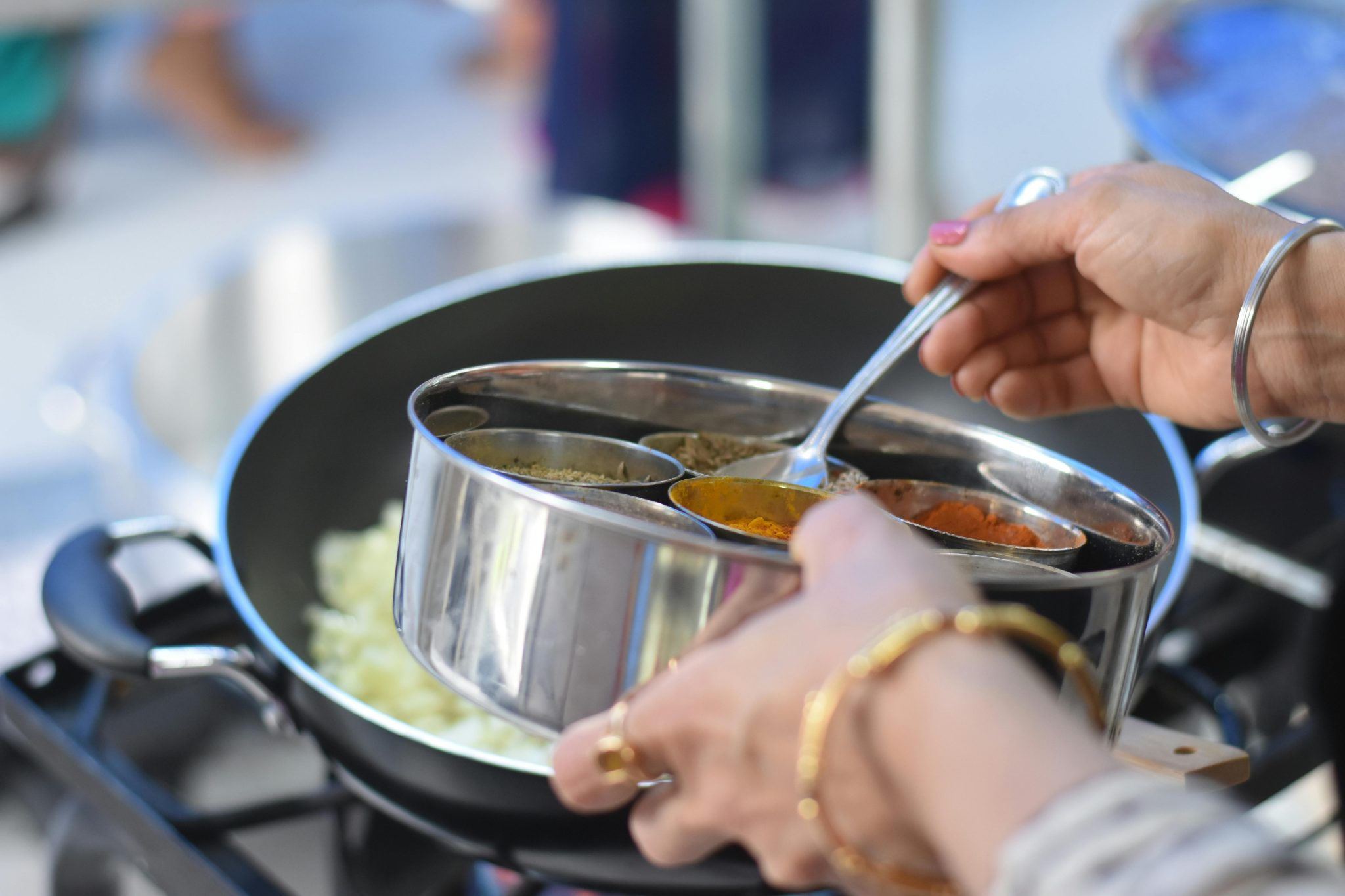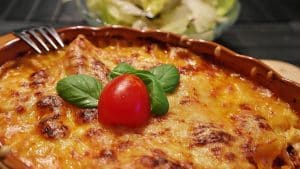Cooking with Dementia: Maintaining Kitchen Skills During Cognitive Decline
Dementia is a progressive brain disorder that affects millions of people worldwide. It is characterized by a decline in cognitive functioning, including memory loss, communication difficulties, and changes in behavior and mood. As the disease progresses, simple daily tasks can become challenging, causing frustration and loss of independence for those affected. One of the most affected areas is the kitchen, a place where cooking is not just a daily chore but a source of joy and identity for many. As many people with dementia struggle to maintain their cooking skills, it is important to explore strategies to help them continue to enjoy this fulfilling activity. In this article, we will discuss the challenges of cooking with dementia and provide tips to help maintain kitchen skills during cognitive decline.
Understanding Cognitive Decline and Cooking Skills
Before we delve into the tips, it is essential to understand the impact of cognitive decline on cooking skills in people with dementia. Dementia is a neurodegenerative disorder that affects the brain’s ability to process, organize, and retain information. This can make it difficult for individuals to perform even the most basic kitchen tasks, such as following a recipe or using kitchen appliances. As cognitive functioning declines, cooking can become overwhelming and lead to accidents or frustration.
Cooking requires a combination of cognitive and physical skills, such as following directions, measuring ingredients, and using knives and appliances. These tasks require good memory, attention, and planning skills, which can be challenging for people with dementia. As the disease progresses, individuals may struggle to remember recipes, use kitchen tools, and may lose the ability to follow basic cooking steps.
Tips for Cooking with Dementia
Simplify the Environment
The kitchen can be a busy and overwhelming place, filled with various utensils, appliances, and ingredients. For someone with dementia, this can be confusing and increase the risk of accidents. It is essential to simplify the kitchen environment to make it more manageable for them. Some ways to do this are by decluttering the kitchen, keeping only essential items in the kitchen, and organizing items in easy-to-reach places. For example, storing commonly used utensils and appliances in a designated and easily accessible area can help individuals with dementia navigate the kitchen more easily.
Use Visual Aids
As cognitive decline affects memory, providing visual aids can be helpful for those with dementia. Using pictures and labels can help individuals remember items and their location in the kitchen. You can create simple, easy-to-read labels for appliances, cabinets, and drawers, or use pictures of ingredients for a recipe. Visual aids can also help with following recipes, as step-by-step pictures can be easier to comprehend than written instructions.
Adapt Recipes
Adapting recipes can make cooking easier and more enjoyable for those with dementia. Simple recipes with fewer steps and ingredients can help individuals follow along and reduce confusion. You can also try using a recipe book with large, easy-to-read font and pictures for each step. In some cases, individuals with dementia may have trouble following recipes or remembering ingredients. In such cases, preparing ingredients in advance or using pre-measured ingredients can make cooking less stressful and more manageable.
Focus on Familiar Recipes
The kitchen holds many memories for people, and certain recipes can bring back fond memories. As dementia progresses, individuals may have difficulty learning new recipes or following new steps. Instead, focusing on familiar recipes that they have cooked before can be more comfortable and bring a sense of familiarity and accomplishment. Cooking together with loved ones can also provide a sense of joy and connection for both the individual with dementia and their family members.
Encourage Independence
It is essential to allow individuals with dementia to be as independent as possible in the kitchen. This can help maintain their confidence and sense of autonomy. While it may be tempting to assist or take over tasks, it is important to allow individuals to perform tasks on their own, with minimal assistance. You can provide guidance and supervision, but allowing them to perform tasks at their own pace can be more beneficial in the long run.
Conclusion
Cooking with dementia can be challenging, but with the right strategies, individuals can continue to enjoy this meaningful activity. Simplifying the kitchen environment, using visual aids, adapting recipes, and encouraging independence are key strategies to help maintain cooking skills during cognitive decline. Additionally, seeking support and guidance from healthcare professionals can also provide valuable resources and assistance for individuals and their families. Remember, cooking is not just a daily task; it is a source of joy and identity for many, and it is important to help individuals with dementia continue to enjoy this activity for as long as possible.










